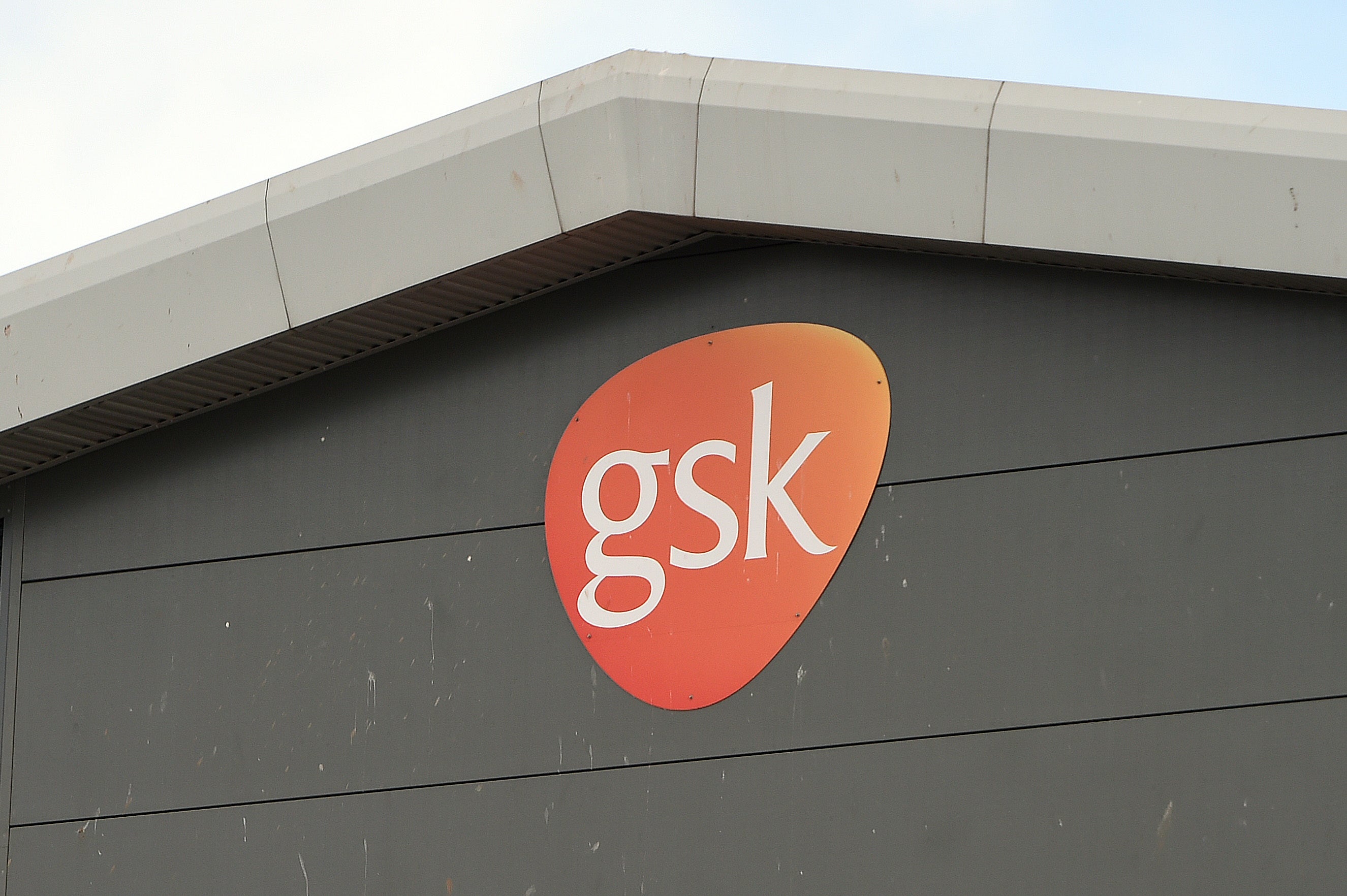Unilever sees future in health and beauty after £50bn bid for GSK unit revealed
The potential tie-up would be one of the biggest takeovers in UK history.

Your support helps us to tell the story
From reproductive rights to climate change to Big Tech, The Independent is on the ground when the story is developing. Whether it's investigating the financials of Elon Musk's pro-Trump PAC or producing our latest documentary, 'The A Word', which shines a light on the American women fighting for reproductive rights, we know how important it is to parse out the facts from the messaging.
At such a critical moment in US history, we need reporters on the ground. Your donation allows us to keep sending journalists to speak to both sides of the story.
The Independent is trusted by Americans across the entire political spectrum. And unlike many other quality news outlets, we choose not to lock Americans out of our reporting and analysis with paywalls. We believe quality journalism should be available to everyone, paid for by those who can afford it.
Your support makes all the difference.Unilever has said that its future lies in health, beauty and hygiene businesses after its £50 billion bid for GSK’s consumer unit was revealed over the weekend.
The business said that it wants to move towards these areas, which bring much higher rates of sustainable market growth.
Unilever said that it could seize on “significant opportunities to drive growth through investment and innovation, and by leveraging Unilever’s strong presence in emerging markets”.
The bid for GSK’s consumer arm would be one of the largest takeover deals in UK history.
Unilever is already the third largest company on London’s FTSE 100 index, worth around £100 billion.
Any such deal – so far Unilever has been rebuffed by GSK – would see it merge with one of the largest units of the FTSE’s fifth biggest company.
GSK has been saying for months that it plans to part ways with its consumer unit. The business is a joint venture with US drug giant Pfizer but the management thinks it will do better as a standalone business.
After months of speculation, managers decided that the best option was to spin the unit off as an independent listed company – easily big enough to be on the FTSE 100 in its own right.
However, Unilever’s approach opens a new door for the unit which produces Panadol among others.
It is a door that some GSK investors might be pleased to see opened – the company’s share price on Monday certainly indicated this.
Some activist investors have been calling for chief executive Emma Walmsley to explore a potential sale as an alternative to the spin-off.
The board also concluded that major acquisitions should be accompanied by the accelerated divestment of intrinsically lower growth brands and businesses
The deal’s £50 billion valuation was first reported by the Sunday Times this weekend.
The reporting caused Unilever to bring forward a strategic update which it had planned to release later this month.
A review has “concluded that Unilever’s future strategic direction lies in materially expanding its presence in health, beauty and hygiene”, it said.
Unilever added: “The board also concluded that major acquisitions should be accompanied by the accelerated divestment of intrinsically lower growth brands and businesses.
“This would provide funding and enable separation dis-synergies to be offset by acquisition synergies.”
“(GSK’s) consumer health is a highly complementary category for Unilever, with good potential for synergies and a number of routes to build scale.”
It said that 45% of the unit’s business comes from oral care and vitamins, minerals and supplements, “categories in which Unilever already has presence and substantial capabilities”.
It would also allow Unilever to grow in the US, China and India, some of the world’s most important markets.
Shortly after trading opened in London on Monday shares in Unilever had dropped 6%, while those in GSK rose 5%.